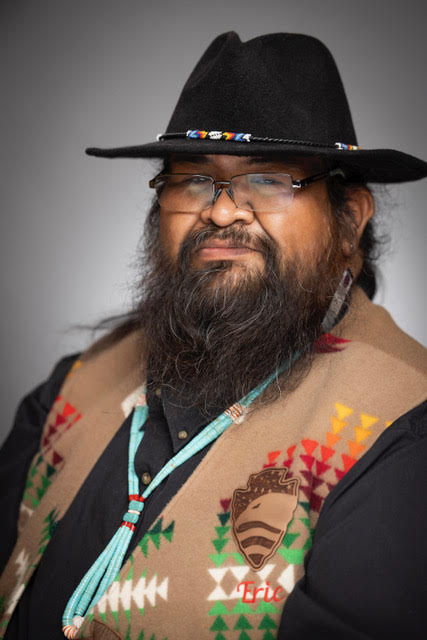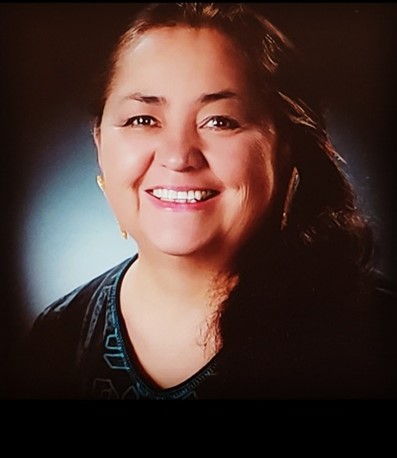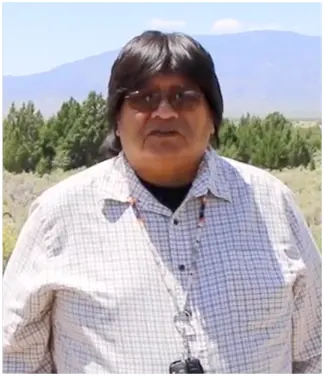
Who We Are
Sovereign Nations Health Consortium (SNHC), exercises its delegated sovereign governmental authority to establish, administer, and enforce a uniform Tribal Health and Insurance Code. SNHC operates Tribal Health & Insurance Departments under its jurisdiction, and regulates all Tribal Health Communities and health membership organizations working together to provide a culturally connected solution to health and insurance issues in Indian Country nationwide.
For every member Tribe of SNHC, Congress has ratified a Treaty or passed an Act restoring the federal trust responsibility to the Tribe. A carefully crafted Tribal Health and Insurance Code has been established and ratified by Tribal laws to protect policyholders, certify agents through its sovereign licensing process, and regulate the day-to-day operations of Native IA. SNHC and Native IA are sovereignty in action, working collaboratively to restore our legacy and protect yours.
Federally recognized Tribes.
Clearly defined Tribal ownership.
Unequivocal Sovereign Authority.

Executive Council
As an inter-Tribal organization, the executive council is comprised of the current chairpersons of the initial signatory tribes.

Chairman Eric V. Pikyavit
Kanosh Band of Paiute Indians
Eric V. Pikyavit is a Councilman of the Kanosh Band of Paiute Indians. He represents the Kanosh Band as a SNHC Executive Council Member. Eric has been in service to the Kanosh Band Council for 9 ½ years and has been ambitious and advantageous to the future of economic development of the Kanosh Band of Paiute Indians.

Chairwoman Carmen Clark
Shivwits Band of Paiutes
Carmen Clark is the Vice-Chairwoman of the Shivwits Band of Paiutes and the Band’s representative on the SNHC Executive Council. Vice-Chairwoman Clark is the former Chairwoman of the Shivwits Band where she has served on the Shivwits Band Council for 4 ½ years. Vice-Chairwoman Clark leads the Shivwits Band’s Cultural Committee and represents the Shivwits Band on the Washington County Habitat Conservation Advisory Committee. Vice-Chairwoman Clark has a vast knowledge of cultural and medicinal plants and teaches classes and workshops in the community.

Amos Murphy
Confederated Tribes of the Goshute Reservation
Amos Murphy is the chairman of the Confederated Tribes of the Goshute Reservation. He has served on the Goshute Business Council in various capacities since 2001. He has served on the tribes’ natural resource committee and housing board. He was raised on the Shoshone-Bannock Fort Hall Reservation in Idaho, then moved to the Goshute Reservation as a teen.

Chairman Angela Elliott-Santos
Manzanita Band of the Kumeyaay Nation
Ms. Angela Elliott-Santos has been elected the Manzanita Tribal Chairwoman since April 2015, filling the position vacated by the death of her father, Leroy J. Elliott, Manzanita Tribal Chairman for 17 years. Chairwoman Elliott-Santos had served the same 17 years as an elected member of the Manzanita Tribal Council, while also serving as Fiscal Officer for the Tribe.
Currently she provides oversight and guidance for all programs on the Manzanita Reservation. She has fought for many years for cultural and heritage resource protection within the Kumeyaay Homelands from the Pacific Ocean to the Colorado River and over 75 miles north and south of the international Border. Chairwoman Elliott-Santos continues the fight to protect and assert the inherent sovereignty of the Manzanita Band as a federally-recognized Tribal Nation and to bring recognition to the resilient first people of this country. She is dedicated to enhancing the lives of her people and promoting the Kumeyaay culture and language.
Chairwoman Elliott-Santos serves on the Board of Directors for many organizations including the Southern California Tribal Chairmen’s Association (SCTCA), Southern Indian Health Council (SIHC), California Rural Indian Health Board (CRIHB), and Intertribal Court of Southern California. She is also a commissioner on the Leon L. Williams San Diego County Human Relations Commission and the California Truth and Healing Council.
Ms. Elliott-Santos is the proud mother of four children, and. grandmother of six.
Our Tribes
Confederated Tribes of the Goshute Reservation:
The Confederated Tribes of Goshutes’ Reservation (CTGR) is located near the Deep Creek Mountains in western Utah and eastern Nevada. CTGR members have always been effective hunters and gatherers, looking after their land and community while living in an arid desert climate. As a Treaty Tribe, CTGR
has developed a strong working relationship of trust with federal and state governments.
Kanosh Band of Paiute Indians:
The Kanosh Band of Paiutes is headquartered on Reservation lands in Millard County, Utah. The Kanosh Band received federal recognition and formal establishment of Reservation lands in February 1929 and again in 1941. The Kanosh Band is known for being industrious. Along with a rich history of farming, a sewing plant on the Kanosh Reservation previously secured contracts with NASA, the US Coast Guard, and commercial garment companies. The word “Kanosh” comes from a willow water jug, made from split willows and coated inside and out with pine pitch.
The Shivwits Band is one of several Southern Paiute groups that have lived since time immemorial in the area making up what is now southern Utah, northern Arizona, southern Nevada and southeastern California. The Shivwits Band has always been known for hunting, fishing, gathering, and for the Shivwits peoples’ close ties to the land. Based on 28,000 acres of Reservation land near Ivins, Utah, the Shivwits Band was first recognized by the government in 1891 and then again in 1941. After being terminated in 1954 along with other Paiute Bands, the Shivwits Band’s sovereign status was restored by Congress in 1980.
Manzanita Band of the Kumeyaay Nation
The Manzanita Reservation is located in southeastern San Diego County, California. Manzanita adjoins Campo Indian Reservation on the south and La Posta Reservation on the west. It is about 67 miles east of the city of San Diego on Interstate 8; the town of Boulevard is six miles away. The reservation lies within 10 miles of the U.S.-Mexico border. The reservation was established on 640 acres in 1893 under authority of an Executive Order of 1891. The land base was increased by Departmental Order in 1907, and it is held in trust by the U.S. government.
Want to join us?
If you are a representative of a federally recognized, sovereign Indian Tribe and are interested in joining SNHC, please read our Tribal Eligibility and contact us for more information.
